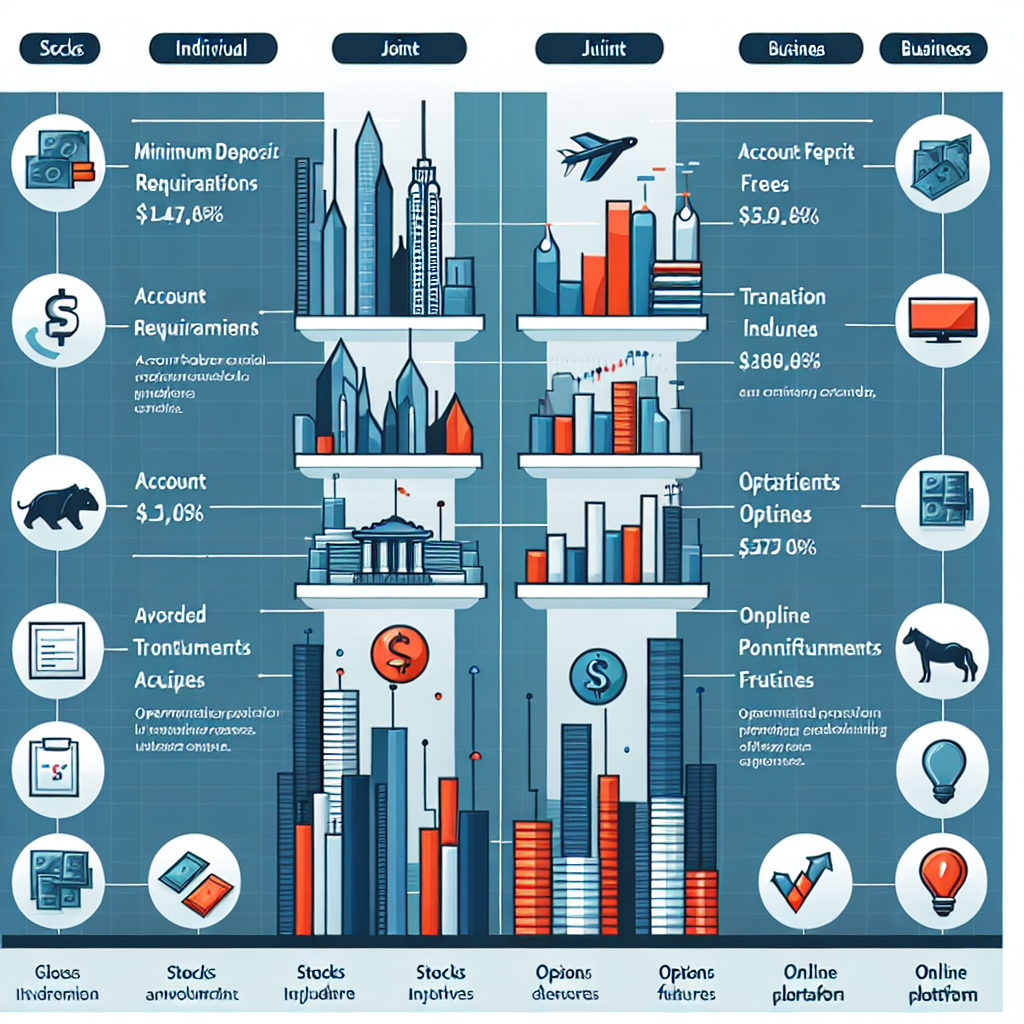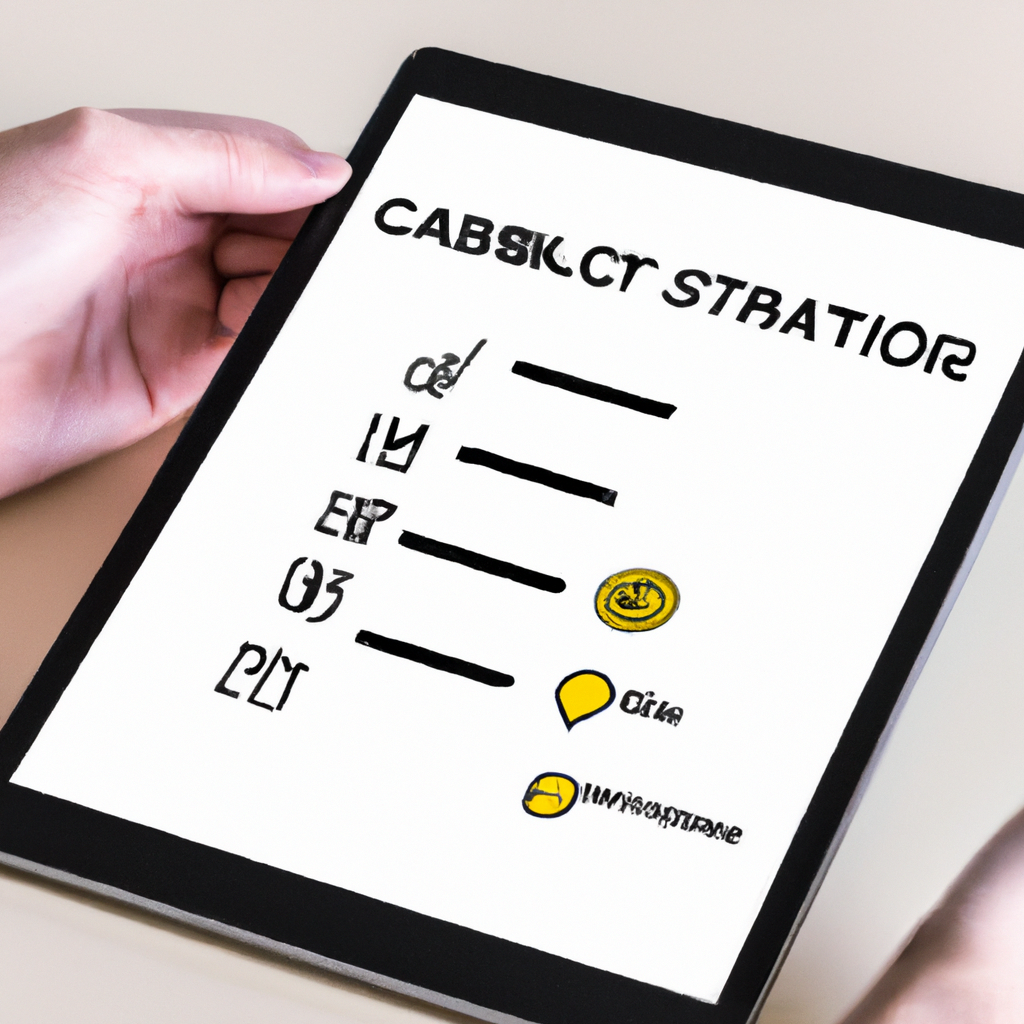Review of Investment Tracking Software
Introduction
Investing in the financial market can be a complex and challenging task. It requires careful planning, analysis, and constant monitoring of your investments. Fortunately, there are numerous investment tracking software available in the market that can assist you in managing your portfolio effectively. In this article, we will review some of the top investment tracking software and discuss their features, benefits, and drawbacks.
1. Personal Capital
Personal Capital is a popular investment tracking software that offers a comprehensive suite of tools for managing your investments. It allows you to link all your financial accounts, including bank accounts, brokerage accounts, retirement plans, and more, in one place. The software provides a holistic view of your portfolio and helps you track your net worth, asset allocation, and investment performance. Personal Capital also offers a retirement planner, budgeting tools, and personalized investment advice.
Pros:
– User-friendly interface with intuitive navigation.
– Provides a comprehensive overview of your entire financial picture.
– Offers robust retirement planning tools.
– Access to financial advisors for personalized guidance.
– Available as a mobile app for on-the-go access.
Cons:
– Some advanced features are only available with a paid subscription.
– Limited customization options for portfolio analysis.
– May require manual input for certain accounts.
2. Mint
Mint is a popular personal finance software that also offers investment tracking capabilities. It allows you to connect your bank accounts, credit cards, and investment accounts to get a complete view of your financial health. Mint automatically categorizes your transactions, tracks your spending, and provides personalized budgeting recommendations. The investment tracking feature enables you to monitor your portfolio’s performance, asset allocation, and track individual holdings.
Pros:
– Free to use with no subscription fees.
– Provides a comprehensive overview of your finances.
– Automatic transaction categorization and budgeting tools.
– Offers investment tracking and performance analysis.
– Available as a mobile app for easy access.
Cons:
– Limited investment analysis and reporting capabilities.
– Not suitable for advanced investors with complex portfolios.
– May have occasional syncing issues with certain financial institutions.
3. Quicken
Quicken is a well-established personal finance software that offers robust investment tracking features. It allows you to connect your bank accounts, investment accounts, and credit cards to track your financial transactions and investments. Quicken provides detailed investment performance reports, asset allocation analysis, and tax optimization tools. It also offers features like bill payment reminders, budgeting tools, and debt management.
Pros:
– Comprehensive investment tracking and analysis capabilities.
– Advanced reporting options for in-depth portfolio analysis.
– Offers tax optimization tools for investment planning.
– Provides budgeting and debt management features.
– Available as a mobile app for convenient access.
Cons:
– Relatively higher cost compared to other investment tracking software.
– Steeper learning curve for new users.
– Some users report occasional glitches and performance issues.
Conclusion
Investment tracking software plays a crucial role in managing and optimizing your investment portfolio. The reviewed software options, Personal Capital, Mint, and Quicken, offer different features and benefits to cater to various user needs. Personal Capital stands out with its comprehensive financial overview and retirement planning tools. Mint provides a user-friendly interface and budgeting features alongside investment tracking. Quicken offers robust investment analysis and reporting capabilities, making it suitable for advanced investors. Consider your specific requirements and preferences to choose the investment tracking software that best aligns with your goals.



